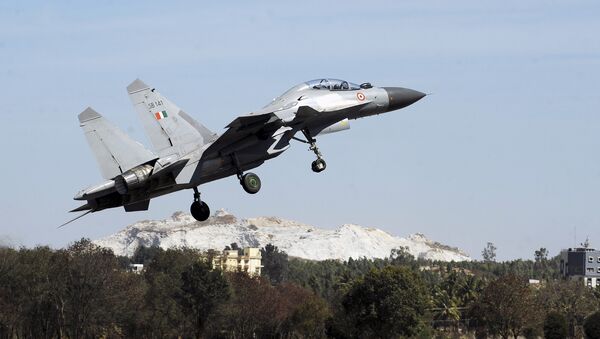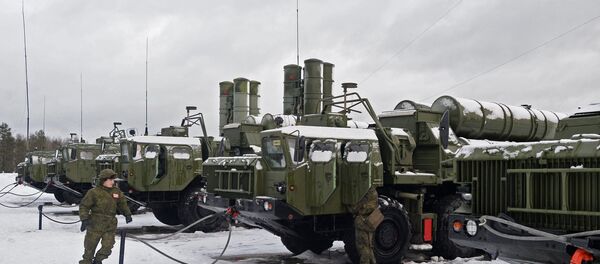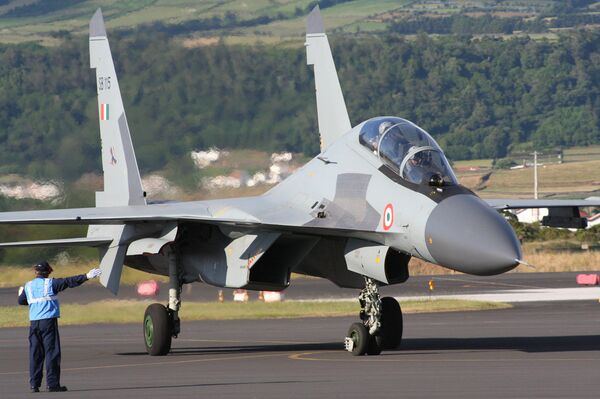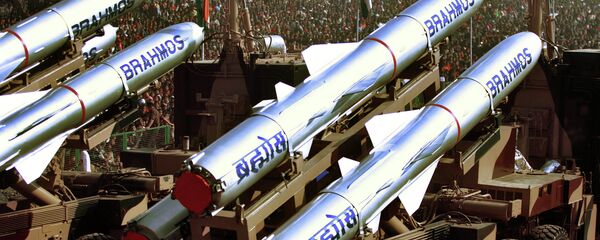On Thursday, Irkut Corporation President Oleg Demchenko confirmed that the company had made a proposal to the Indian Air Force to modernize its fleet of Su-30MKI fighters. The official said that the modernization would significantly expand the planes' combat capabilities.
Irkut says that the company can build the necessary infrastructure to overhaul the Su-30s in India itself, while integrating new weapons and upgrading existing weapons and onboard systems. Localization would also improve after-sales service as well, according to officials.
Negotiations on the modernization of Su-30MKI are continuing with the Indian Defense Ministry, Demchenko said, with the company presently preparing the necessary documentation.
Irkut officials have long emphasized the Su-30MKI's impressive upgrade potential, particularly its open (block) architecture for its onboard radio electronic equipment.
What specific upgrades are included in the 'major modernization'? Demchenko did not go into details. All that's been revealed is that the aircraft's onboard systems will be modernized, and that new types of weapons will be integrated.
However, according to Indian sources, the IAF's plan is to upgrade India's fleet of Su-30MKIs (beginning with a batch of 80 Su-30 MKIs) to 'Super Sukhois', equipping them with a bevy of improvements, including advanced radar and weapons. The contract, estimated to be worth $7-8 billion, would turn the plane into a near fifth-generation aircraft, officials have said.
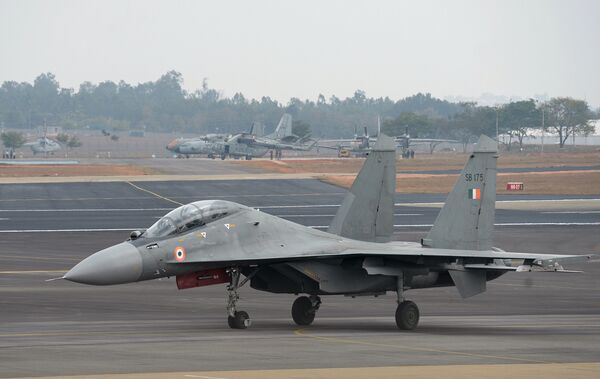
The 'Super Sukhoi' program includes a modernized cockpit, advanced avionics, semi-stealth characteristics, longer range 300 km stand-off missiles (featuring an infrared homing system), and can be equipped with the Indo-Russian BrahMos cruise missile. The upgrade also features an active electronically scanned array (AESA) radar, a powerful early warning and jamming system, as well as new software for the plane's onboard systems. Other subsystems, including a multiple ejector rack (enabling larger payloads) are also proposed.
In their upgrade plans for the Super Sukhoi, Delhi had publically contemplated switching to non-Russian designed engines to make up for the AL-31's perceived shortcomings. However, equipping the planes with Russia's advanced new engine, as UAC has proposed, would certainly sweeten the deal for the IAF.
